His intention was for the average person at home to get a feel for war – its uncertainty, the paradoxical nature of what it is like to be a service member, and how absurd war is.
Combat Obscura is a new documentary set in Afghanistan. It tells the story of U.S. Marines in that country, but not in the way American documentaries usually show the Marines. This is not a documentary where the Marines serve God and country, take out the bad guys, and win over the hearts and minds of the natives.
Miles Lagoze, the director of the film, is a former Marine who was deployed to Afghanistan. His job in the Marines was “combat camera” which required him to record footage of Marines for both operational use on the battlefield and PR use back home.
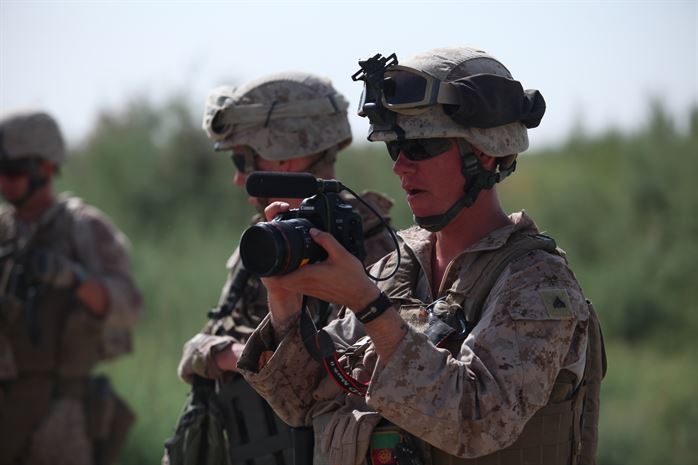
Combat Obscura was released on March 15th using footage Lagoze shot for the Marines along with footage shot by a fellow Marine, Justin Loya. In the film, Lagoze condemns the U.S. troops’ behavior in Afghanistan and decries the unnecessary loss of life caused by American military intervention in that country.
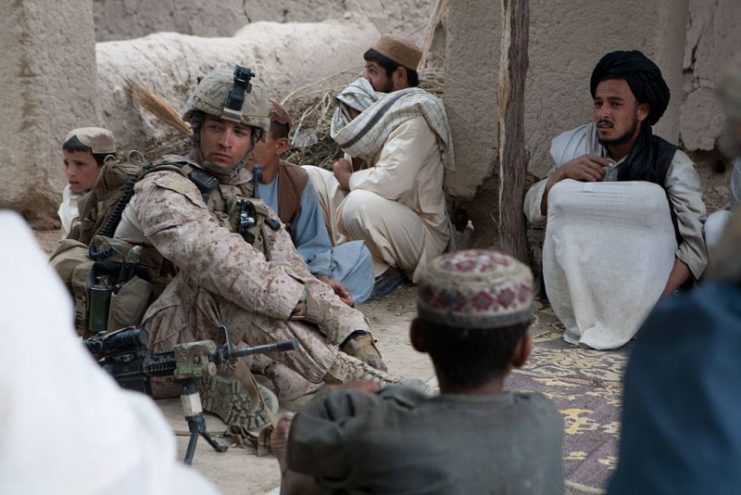
https://youtu.be/eqNZeThOFjk
Lagoze joined the Marines straight out of high school, when he was 18 years old. He was a film enthusiast while growing up and knew that the military had opportunities to film for them. He saw it as a way to become a film director.
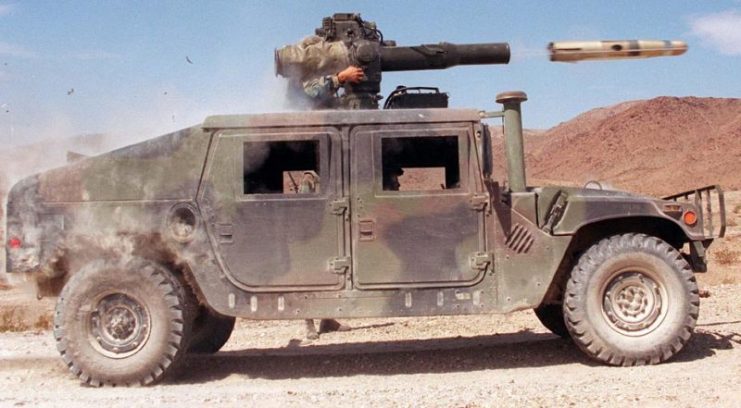
He was stationed in Afghanistan in 2011. The troops he worked with were tasked with clearing a route to a dam in Kajacki so that it could be repaired. The dam supplies electricity to an entire province of Afghanistan.
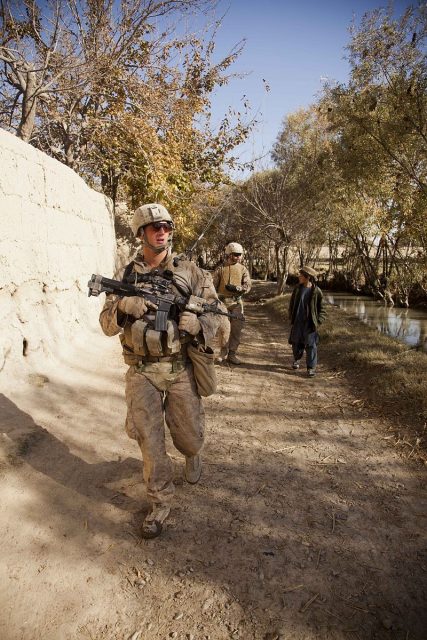
The Marines were transitioning out of the country at that time and Lagoze was supposed to capture images of that transition. He was ordered not to show the Marines cursing or smoking. He was supposed to show the Marines in full combat gear.
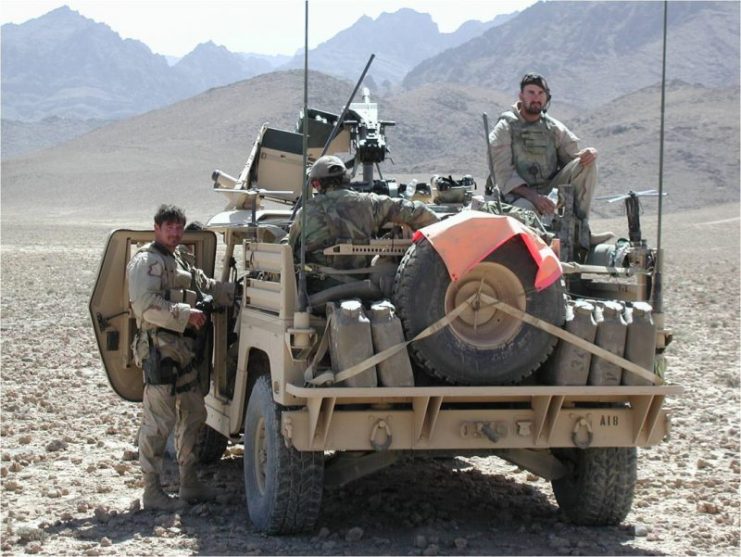
Importantly, the Marines didn’t want him to document much bloodshed since they were supposedly pulling out after successfully winning the war. Eight years later, Marines are still stationed in Afghanistan.
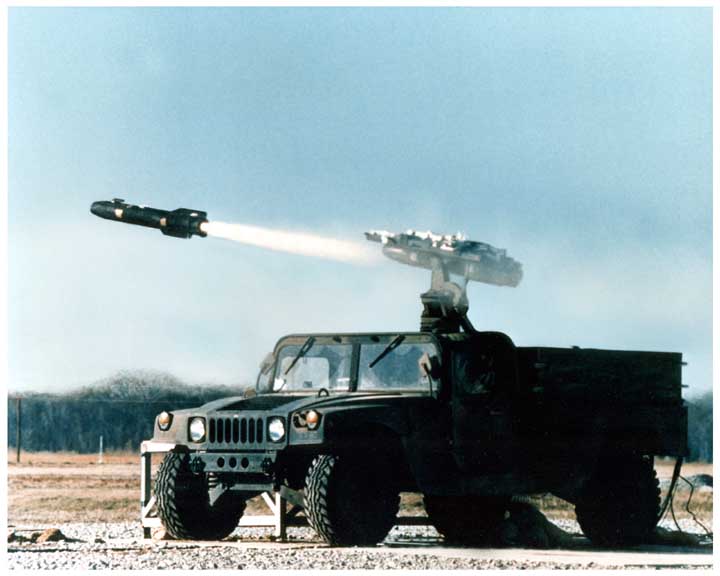
He used the footage he took to make the documentary. His intention was for the average person at home to get a feel for war – its uncertainty, the paradoxical nature of what it is like to be a service member, and how absurd war is.
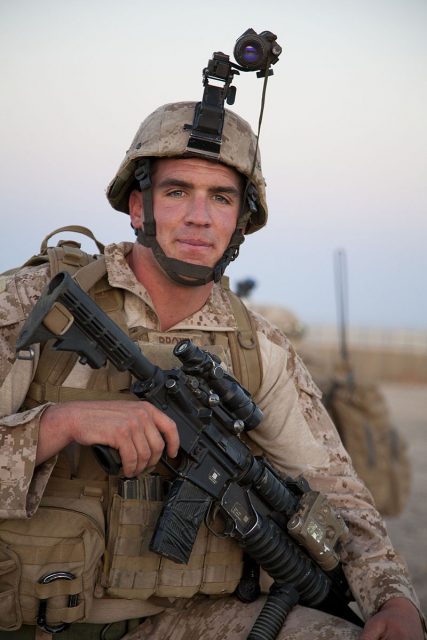
Lagoze wanted people to see that there was no clear understanding of what it meant to win the war in Afghanistan or what the outcome was supposed to be. He purposefully left the film without a sense of closure so that they are experiencing the moment without an answer for what is happening.
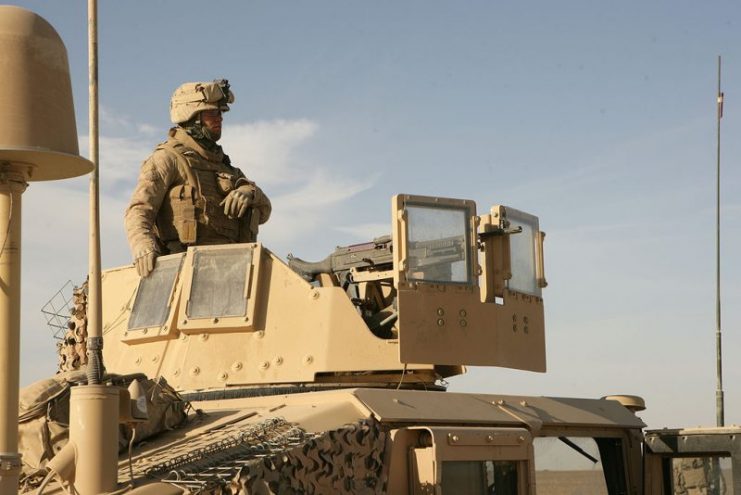
Lagoze says that the U.S. Marine Corps in Afghanistan created “an almost uninhabitable environment” for the civilians who live there. They had been oppressed by the Taliban before the U.S. forces arrived but after the Marines came, they were stuck between two forces.
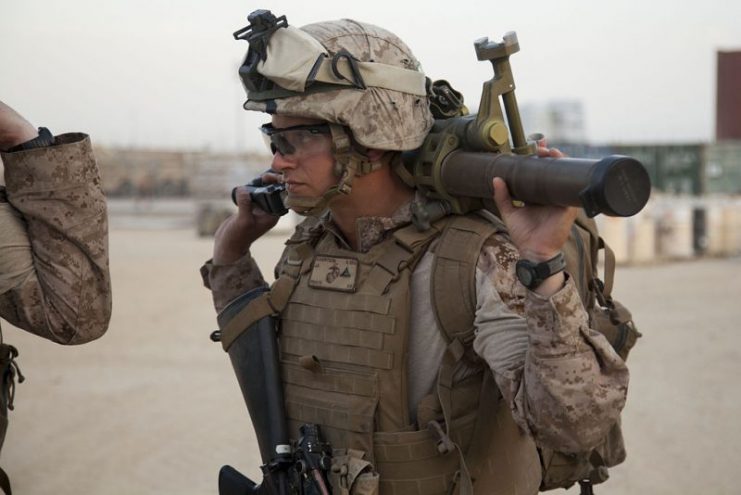
He says that many of the Afghan troops want the U.S. military to stay in their country. They feel that they will lose to the Taliban without American aid. But many of the civilians are worried that they will remain stuck in the middle without any end in sight.
Read another story from us: The Fighters – Americans In Combat In Afghanistan And Iraq
One of the things Lagoze hopes viewers will realize is that it isn’t just politicians that are responsible for what has happened and continues to happen in Afghanistan. The service members themselves are responsible for their actions, too. But he also wants Americans to realize that while their taxes funded the war, they didn’t pay attention to what was really happening.
